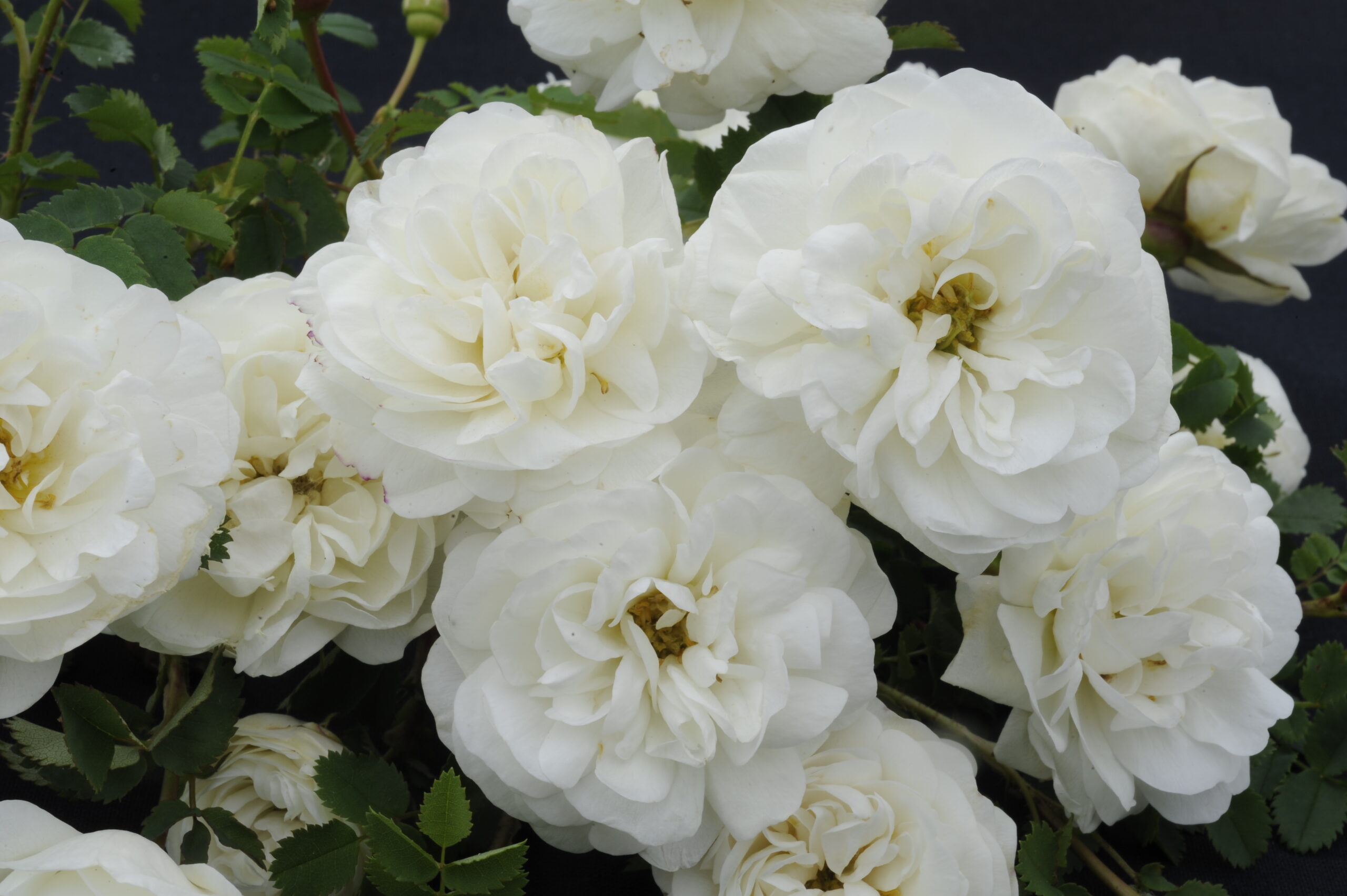LOGGA IN

Välkommen in!
Är du i branchen och vill ha inormation om Årets Ros 2024 var vänlig kontakta oss på info@rosensdag.se
Vi bygger upp hemsidan igen efter en rad problem som gjorde att den helt gick ner.
Vi öppnar upp sidorna allt eftersom och ber dig ha överseende med bristerna.
Vi öppnar upp sidorna allt eftersom och ber dig ha överseende med bristerna.
Följ med in på en tur i rosornas fantastiska värld. Rosor finns i alla storlekar, både höga och låga och i alla färger (utom blått). Blommorna kan vara allt från enkla med fem kronblad till tätt fyllda med över hundra kronblad. Många doftar härligt och det är synd att vi inte kan bjuda på doftupplevelsen. Men här kan du åtminstone njuta av fägringen. Dessutom får du kunskap och inspiration. Så öppna grinden och kliv in!

